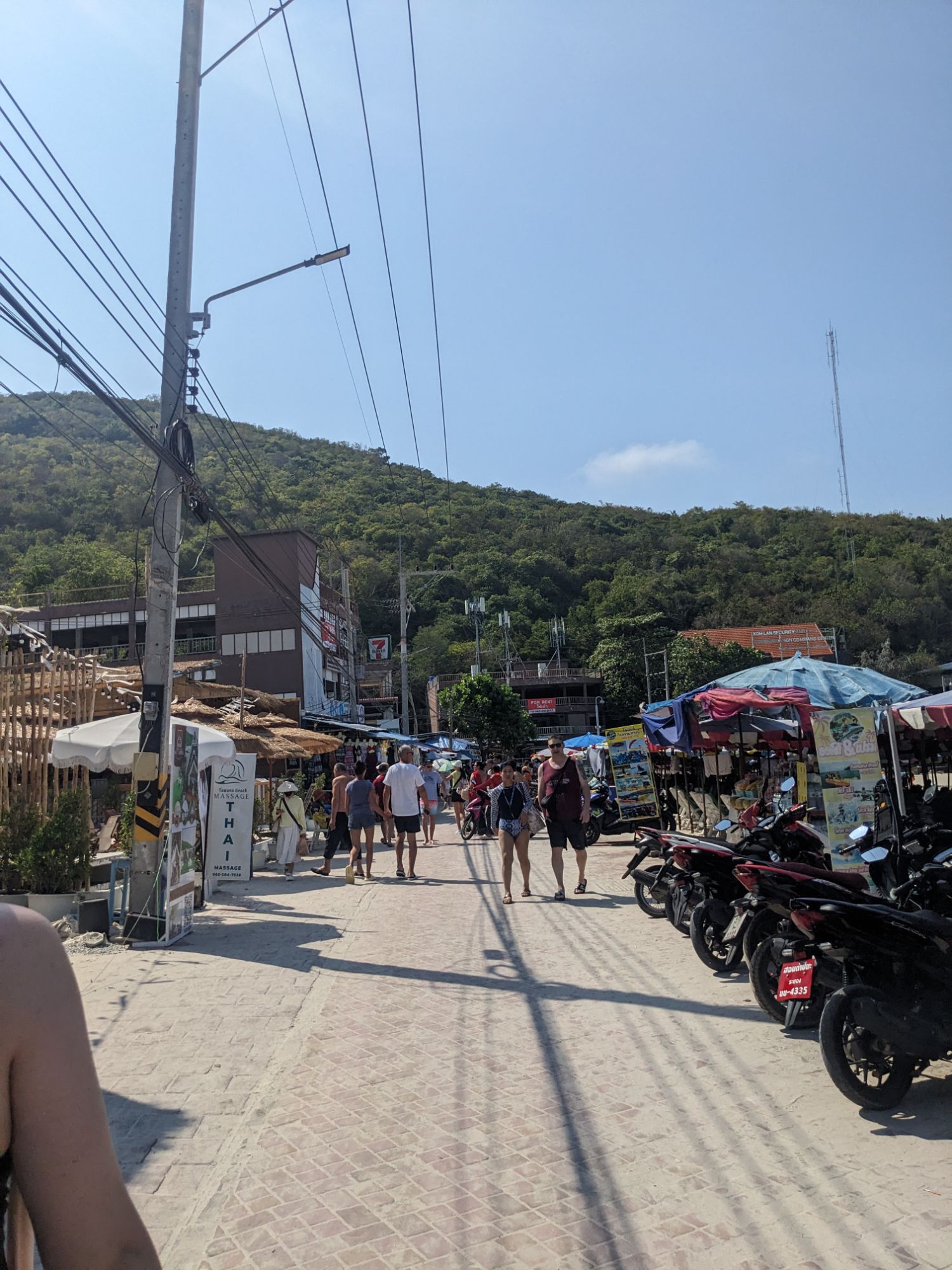Discover the harsh realities behind why many Americans struggle with travel and how it impacts their global experiences.

Thinking Everything Has to Be Luxurious
Many Americans have the misconception that travel must be synonymous with luxury. They believe that in order to have a worthwhile experience, they need to stay in five-star hotels, dine at the fanciest restaurants, and partake in costly activities.
This mindset can limit their travel experiences, as they may end up missing out on the authentic and enriching aspects of a destination. By focusing solely on luxury, they might overlook the charm of local culture, street food, and budget-friendly adventures that can offer a more genuine connection to the place they are visiting. Most Americans are not even familiar with the backpacker lifestyle and culture.

Lack of Time and Travel Prioritization (Brainwashed)
In the United States, the work culture often prioritizes career advancement and productivity over personal time and travel. Many Americans receive limited vacation days compared to other countries, and even when they do have time off, they may feel pressured to stay connected to work.
This lack of time and prioritization can lead to fewer travel opportunities. Additionally, societal norms and expectations can brainwash individuals into believing that taking extended breaks for travel is irresponsible or unproductive, further hindering their willingness to explore the world. Why would you want to wait until your 65+ and old to travel the world? Do it while your young.

Most Americans Don’t Even Have a Passport
Surprisingly, a significant portion of the American population does not possess a passport. This can be attributed to various factors, including the sheer size of the country and the availability of diverse travel experiences within its borders. The main reason is likely do to the fact that Americans believe we are superior to all other nations and their is no need to see the rest of the world. This is a very real and deluded though process of the majority of Americans. It is not secret that the USA has great diversity and domestic tourism with lots to see, but there are nearly 200 other countries waiting for you to explore also.
Not having a passport limits international travel opportunities and exposure to different cultures. Without the incentive or means to travel abroad, many Americans miss out on the chance to broaden their perspectives and gain a deeper understanding of the world.
Cultural Ignorance and Stereotypes
Cultural ignorance and reliance on stereotypes can also hinder Americans’ travel experiences. Often, preconceived notions about other countries and their people can lead to misunderstandings and a lack of genuine engagement.
By approaching travel with an open mind and a willingness to learn, Americans can break free from these stereotypes and gain more meaningful and respectful interactions with locals. Embracing cultural differences rather than fearing them can significantly enhance their travel experiences.

The Saddest of Them All: Racism and Discrimination
Racism and discrimination are unfortunate realities that can affect travel experiences. Negative attitudes towards people of different races, ethnicities, or nationalities can create barriers to forming genuine connections and understanding other cultures.
Travel should be an opportunity to bridge gaps and foster mutual respect. Overcoming these prejudices requires self-awareness and a conscious effort to challenge and change discriminatory beliefs. By doing so, Americans can contribute to a more inclusive and enriching global travel community.


Leave a Reply